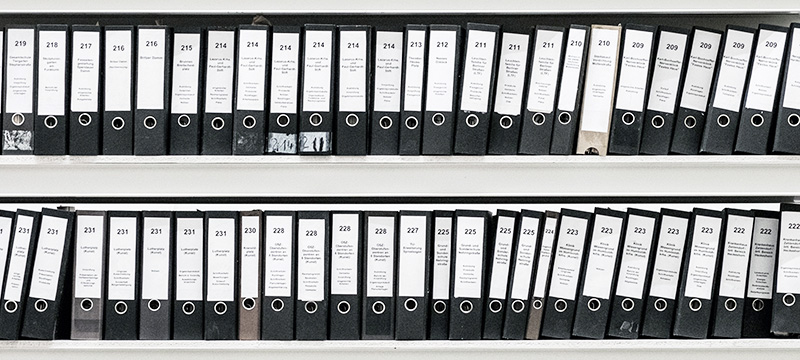The Internet of Things (IoT) represents a transformative shift in the way we interact with technology. As physical devices around us become increasingly connected, they offer new levels of efficiency, automation, and convenience. However, this rapid advancement and ubiquity of IoT devices also raise significant regulatory challenges. This article explores the evolving regulatory landscape for IoT, addressing the need for standards, privacy concerns, security risks, international coordination, and the path forward.
Understanding IoT’s Expansion and the Need for Regulation
The IoT ecosystem encompasses a broad range of devices, from smart home appliances and wearables to industrial sensors and smart city technologies. According to Gartner, the number of connected devices will reach over 25 billion by 2025. This expansion is not just quantitative but also qualitative, as IoT technology becomes more complex and integral to various aspects of life and business.
Regulation is crucial in this context to ensure these devices are safe, secure, and respectful of user privacy. However, the unique characteristics of IoT – including its diversity, the volume of data it generates, and its cross-industry applications – pose significant regulatory challenges.
Data Privacy and Protection in IoT
Data privacy is a paramount concern in IoT. These devices often collect sensitive personal information, which can include location data, health metrics, and even personal habits. Ensuring the privacy and security of this data is crucial.
The European Union’s General Data Protection Regulation (GDPR) sets a precedent for data privacy, including provisions that affect IoT. It mandates strict data handling procedures and grants individuals rights over their data. Similarly, the California Consumer Privacy Act (CCPA) in the U.S. provides consumers with rights over their personal information collected by businesses.
However, these regulations often face challenges in enforcement and applicability, particularly with devices that cross international borders. The diverse nature of IoT devices also means that a one-size-fits-all approach to data privacy may not be feasible.
Security Concerns and Standards
IoT security is another critical area of regulatory focus. The interconnectedness of IoT devices creates a broader attack surface for cyber threats. The Mirai botnet attack in 2016, which utilized unsecured IoT devices to launch large-scale distributed denial-of-service (DDoS) attacks, highlighted the potential consequences of inadequate IoT security.
Regulatory efforts in IoT security include the development of standards and guidelines. For instance, the National Institute of Standards and Technology (NIST) in the U.S. has published a series of documents offering guidance on IoT cybersecurity. The UK government has also introduced a code of practice for consumer IoT security and is working on legislation to enforce basic security requirements for IoT devices.
International Coordination and Compliance Challenges
The global nature of IoT poses significant challenges for regulatory compliance. IoT devices often cross international borders, and data collected by these devices can be stored and processed in different countries. This scenario necessitates a coordinated international regulatory approach.
Efforts in this direction include the International Organization for Standardization (ISO) and the International Electrotechnical Commission (IEC) working on international standards for IoT. These global standards aim to provide a common framework that can be adopted by different countries, fostering interoperability and easing compliance challenges.
Consumer Protection and Transparency
With IoT devices becoming a staple in consumer electronics, there’s a growing need for regulations that protect consumers. This includes ensuring that IoT devices are safe, reliable, and do not engage in unfair or deceptive practices.
Transparency is also crucial. Consumers need to be informed about what data their devices are collecting and how it’s being used. The U.S. Federal Trade Commission (FTC) has been active in enforcing transparency and has brought cases against companies that fail to adequately disclose their data practices.
The Road Ahead: Adaptive and Inclusive Regulation
As IoT continues to evolve, so too must its regulatory framework. This requires a balance between fostering innovation and protecting public interests. Adaptive regulation that can evolve with technology is key, as is the inclusion of various stakeholders in the regulatory process. This includes not just governments and industry, but also consumer groups, academia, and civil society.
Engaging in ongoing dialogue and partnership can help address the dynamic challenges IoT presents. It is also important to foster public awareness and education about IoT, empowering consumers to make informed decisions and advocate for their interests.
Conclusion
The regulatory landscape for IoT is complex and multifaceted, reflecting the diverse and rapidly evolving nature of the technology itself. Effective regulation requires a nuanced approach that addresses privacy, security, international coordination, and consumer protection. As IoT devices become more ingrained in our daily lives, the importance of robust, flexible, and forward-looking regulation cannot be overstated. The future of IoT is not just about technological innovation but also about creating a regulatory environment that supports sustainable and responsible growth.
The post The Regulatory Landscape for IoT: Navigating the Complexities of a Connected World appeared first on IoT Business News.






























